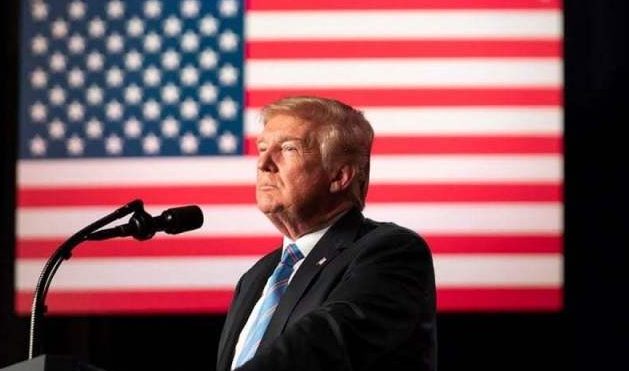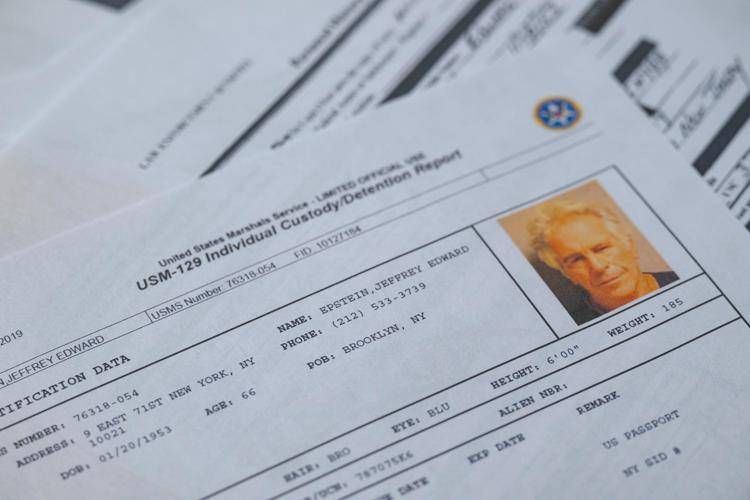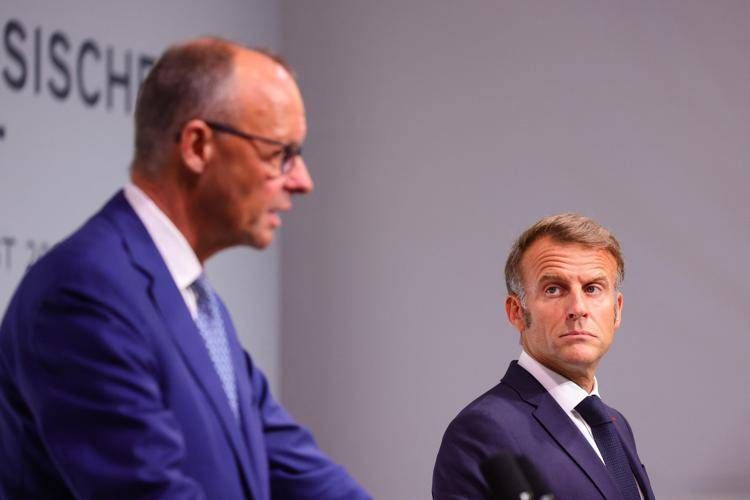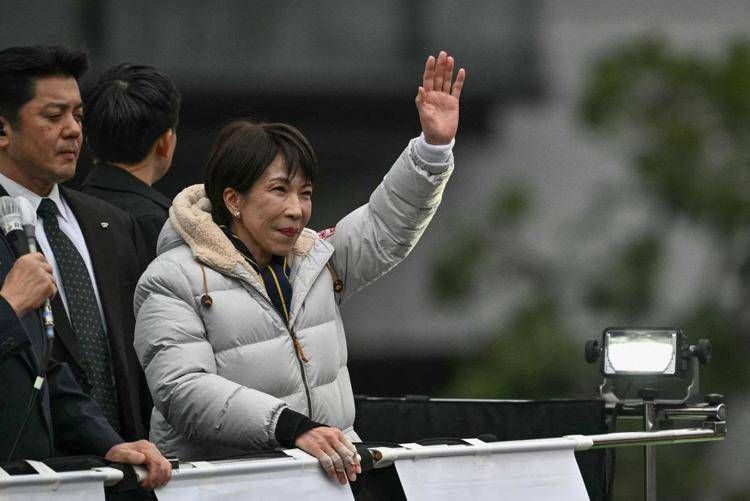
Trump announces new 25% tariffs on steel and aluminium: tensions with international partners
-


Video shock, poliziotto aggredito negli scontri di Torino
-


Alberto Trentini e Mario Burlò sono in Italia dopo la liberazione VIDEO
-


Overnight explosions in Caracas hit military area, widespread power outages reported VIDEO
-


Attacco Usa in Nigeria contro l’Isis, Trump: “Risposta al massacro di cristiani” VIDEO
The US President initiates a disturbing escalation in his trade policies, threatening tariffs on steel and aluminium, with significant impacts on international relations
US President Donald Trump has announced a move that could have far-reaching economic and diplomatic repercussions. During his trip to New Orleans for the Super Bowl, Trump told reporters that he intends to impose 25% tariffs on steel and aluminium imports, including those from Canada and Mexico. The proposal is part of an increasingly tense trade policy framework and marks an increase in the protectionist measures that the president has promoted since taking office.
Duties on steel and aluminium
In a clear and unambiguous statement, Trump made it clear that all steel imports into the US will be subject to a 25% tariff, a commitment that also includes imports from neighbouring Canada and Mexico, two of the US’s closest economic allies. ‘All steel coming into the US will be subject to tariffs. A 25% tariff,’ Trump said, adding that the same rate will also apply to aluminium.
This announcement comes against a backdrop of growing protectionism and could have devastating effects on global supply chains, especially affecting industries that depend on these materials. The decision to also impose tariffs on Canada and Mexico represents a significant turning point in relations with these countries, which are already marked by negotiations on the North American trade treaty (USMCA).
Trade retaliation: China and reciprocal tariffs
Trump’s statement is part of a framework of escalating trade tensions not only with traditional allies, but also with China. The US administration is already facing the repercussions of a trade war with Beijing, and the situation could escalate further. In fact, new Chinese tariffs on a range of goods from the US, including coal, liquefied natural gas (LNG), crude oil, agricultural equipment and some vehicles, came into effect this week in response to the desired increase in US tariffs against Beijing, which Trump demanded shortly after his official inauguration in the White House.
Against this backdrop, Trump reiterated his intention to apply ‘reciprocal tariffs’ on other products, in a context of trade retaliation. The president made it clear that these measures will come into effect ‘almost immediately’ and that the idea is very simple: ‘If they make us pay, we make them pay’. This logic of retaliation could result in escalation, with potentially serious damage not only to the US, but also to the economies of the countries involved.
Europe ready to defend
The international response has not been long in coming. The European Union has already made it known that it is ready to oppose any tariffs imposed by the United States. French Foreign Minister Jean-Noel Barrot said that Europe would not hesitate to ‘retaliate’ against such protectionist measures. ‘There is no hesitation when it comes to defending our interests,’ Barrot said in an interview with TF1.
Meanwhile, the European Commission emphasised that it had not received any ‘official notification’ about the introduction of new duties, but warned that if ‘unjustified’ measures were introduced, Brussels would not hesitate to respond to protect the interests of European companies.
A disturbing escalation in trade policies
With the announcement of the new duties and the intention to impose further ‘reciprocal’ tariffs, Trump is pursuing an increasingly aggressive trade policy with possible global repercussions. The move marks an important step in an economic conflict that could go far beyond the borders of the United States, with historical allies such as the European Union ready to defend themselves. The coming weeks could prove decisive in understanding the evolution of this ‘trade war’ and its long-term consequences.
THE LATEST NEWS
-

 News21 ore ago
News21 ore agoSospensione delle bollette per il ciclone Harry nelle regioni colpite
-

 International-News11 ore ago
International-News11 ore agoAnderson and Greenwood seek removal of music from Melania documentary
-

 News14 ore ago
News14 ore agoDenuncia per Fabrizio Corona: non rispettato divieto di pubblicare su Signorini
-

 Primo Piano23 ore ago
Primo Piano23 ore agoDocumenti su Jeffrey Epstein e i contatti con la Russia: cosa emerge








